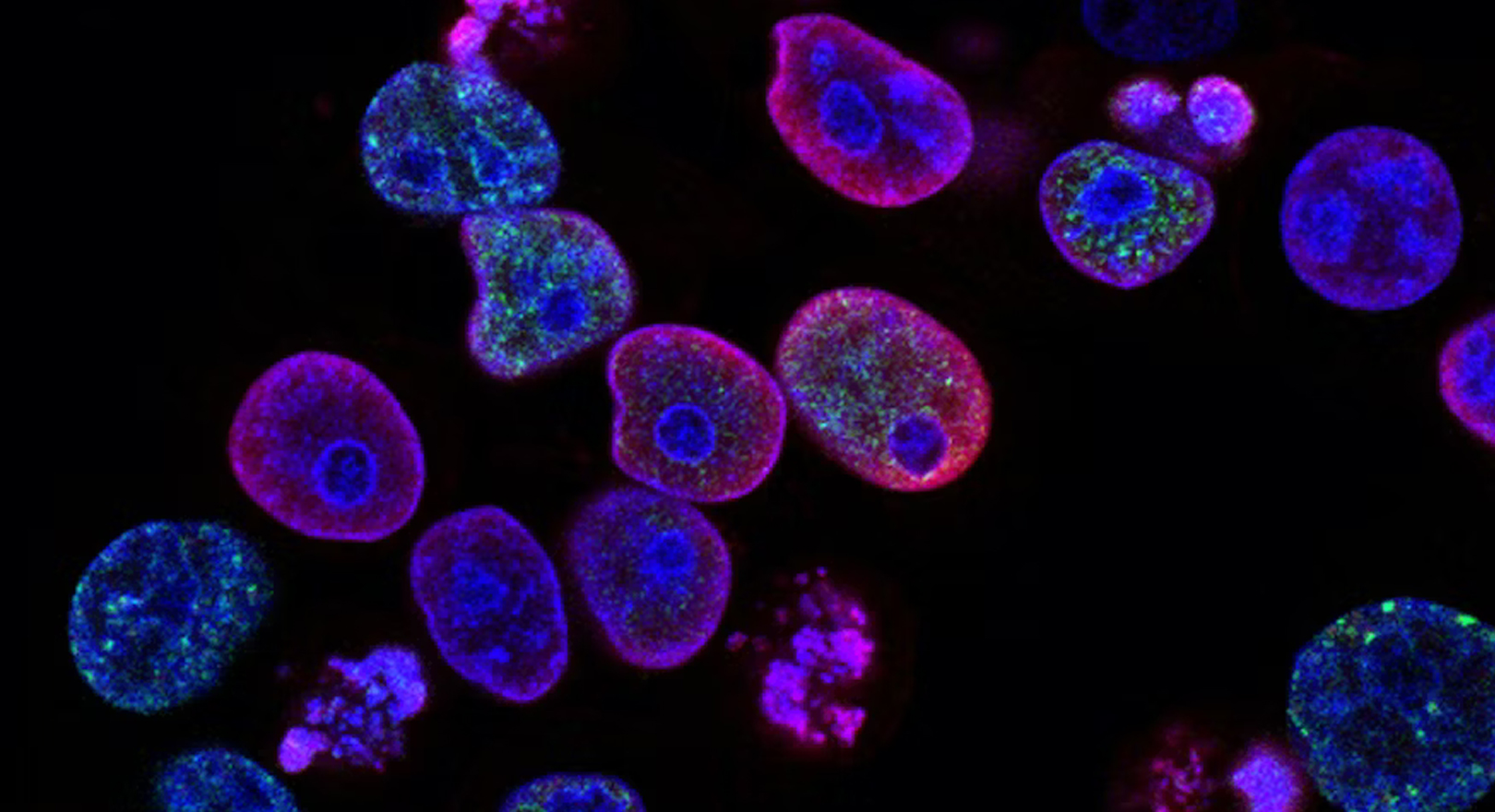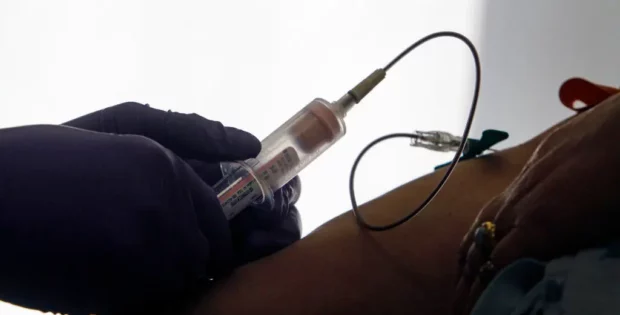5 Misconceptions about CRC

Colorectal cancer (CRC) is currently the #2 cause of cancer deaths in men and women combined.1 And, it has been estimated that CRC will become the #1 cause of cancer-related deaths by 2030, in adults 20-49 years old.2 Because of its widespread impact, it is important to be aware of some key facts – and misconceptions. Here are 5 common misconceptions about this cancer.
Misconception 1:
There is no cure for cancer – so there must be no cure for CRC.
All cancers are drastically different. When it comes to CRC, cancers that are caught early are treatable and even curable.3 Many cases of CRC are treated by surgery. In fact, the 5-year relative survival rate for those with a localized CRC (cancer that hasn’t grown outside of the colon or rectum) is approximately 90%. However, this is not the case for CRCs that have spread to other parts of the body (in other words, cancer that has metastasized). The 5-year relative survival rate in these cases is less than 20%.4 That is why it is so important to get screened for CRC – the cancer is more likely to get caught early, and in return, more likely to be treated and even cured.
Misconception 2:
I should start getting screened at age 50.
The age which you should get screened at depends on your personal and family history. Most people will need to get screened before age 50.
If you are considered at average-risk for CRC (meaning, you have no history of CRC, adenomatous polyps, or inflammatory bowel disease; and no personal or family history of genetic disorders that put you at a high lifetime risk of CRC) and have no signs or symptoms of CRC, then you should generally be screened starting at age 45.5
If you have a strong family history of CRC, a personal history of CRC, a personal history of inflammatory bowel disease, a family history of hereditary CRC syndrome (for example, Lynch syndrome), or you have had radiation to the abdomen or pelvic area, you may be at increased risk of CRC, and the screening start ages vary.6
Because CRC screening starts at different ages for different individuals, it is best to confirm with your health care provider when you are eligible for screening.
Misconception 3:
My mom (or dad, grandma, grandpa, brother, sister) was never diagnosed with CRC, which means I will not, either.
In actuality, most CRCs are diagnosed in those without a family history of CRC.7 That is why for average-risk adults, major guidelines recommend screening for CRC, regardless of family history.5

Misconception 4:
Colonoscopy is the only recommended way to screen for CRC.
For those at higher risk for CRC, this statement is true. However, for those at average-risk and show no signs and symptoms for CRC, there are multiple options to get screened for CRC. The United States Preventive Services Task Force (USPSTF) recommends several screening options to choose from: stool-based tests, computed tomography colonoscopy, flexible sigmoidoscopy, and colonoscopy.5 On top of that, there are emerging and newly available tests that look for signs of CRC with novel methods. For instance, ShieldTM is a newly available laboratory developed test that looks for signs of CRC from the blood. Shield has not yet been assessed by the USPSTF and it is intended to be complementary to and not a replacement for current recommended colorectal cancer screening methods.9 There are various advantages and disadvantages to each option, and it is best to discuss with your provider to determine the best option for you.
Misconception 5:
I must get screened for CRC only if I start feeling stomach-related symptoms.
Many patients with early-stage CRC do not display symptoms.10 Because this cancer does not always cause symptoms in its early stages, it is important to discuss screening for CRC with your health care provider even when you don’t feel stomach-related issues.
Did any of these facts surprise you? We’d love to hear your thoughts in the comments.
Disclaimer:This blog does not provide medical advice. If you would like more information on cancer screening, please reach out to your health care provider to discuss the benefits and risks tailored to your personal health. You can also find more information here from the American Cancer Society.11



